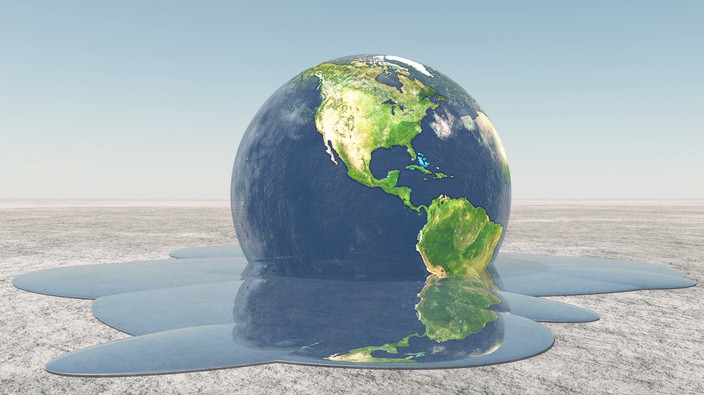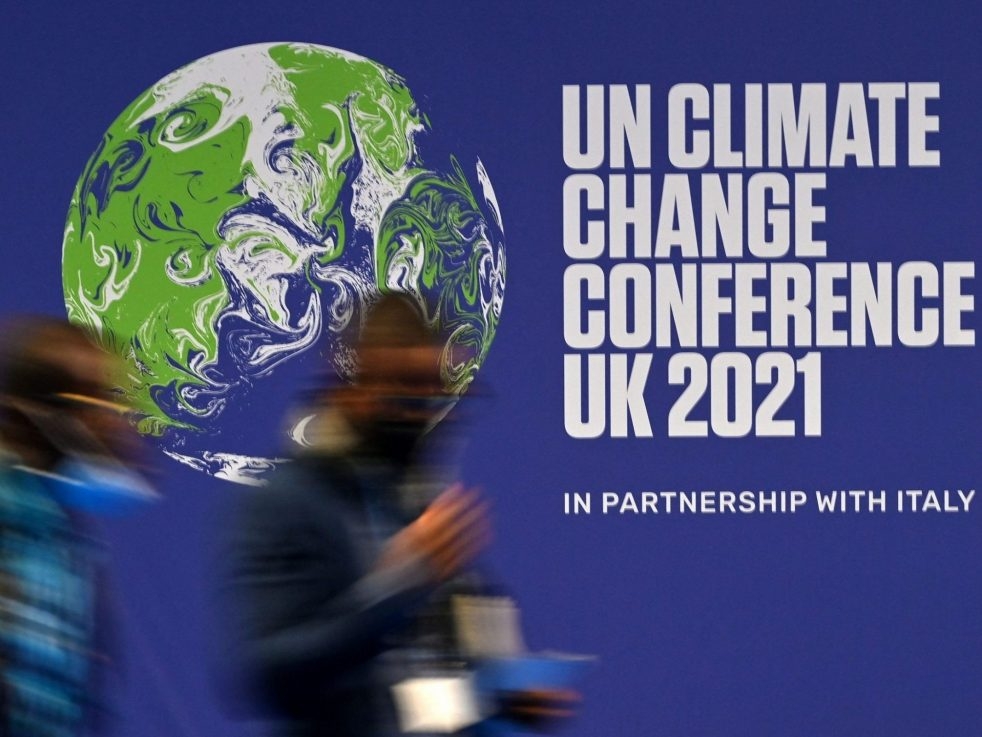health canada report on climate change is dire, but not hopeless
today's environmental disasters and infectious diseases are a warning of the dangers that warming temperatures pose for our future.
goldstein: covid-19 exposed the folly of our approach to climate change
if the covid-19 pandemic has taught us anything, it is the utter impracticability of meeting the united nations targets on reducing global greenhouse gas emissions to address climate change.the un says that as a first step in avoiding catastrophic global warming of more than 1.5c by the end of this century, global emissions have to drop every year from 2020 to 2030 by 7.6%.not
figures, compiled by the global carbon project, underscore how economic activity and jobs are linked to fossil fuel energy.the only other time in the modern era that global greenhouse gas emissions dropped dramatically on a year-over-year basis occurred during the 2008-09 global recession, which began with the subprime mortgage derivative scandal in the u.s. that led to a global credit freeze.while the impact of the highly transmissible omicron variant of covid-19 on the global economy in 2022 won't be known until the end of next year, the simple reality is this.in order to meet the un's target of lowering emissions by 7.6% annually from 2020 to 2030, we would need the equivalent of a covid-19 global recession every year from now until 2030 and even then it would not be enough.worse, the realistic things we could be doing right now to dramatically cut emissions without destroying the economy — for example by replacing coal-fired electricity with nuclear power and natural gas — are opposed by the very people demanding immediate and dramatic cuts in emissions.far
matthew lau: stop scaring children about the climate!
we need balance in the climate discussion, instead of exaggerated predictions of death and destruction
 5 minute read
5 minute read









